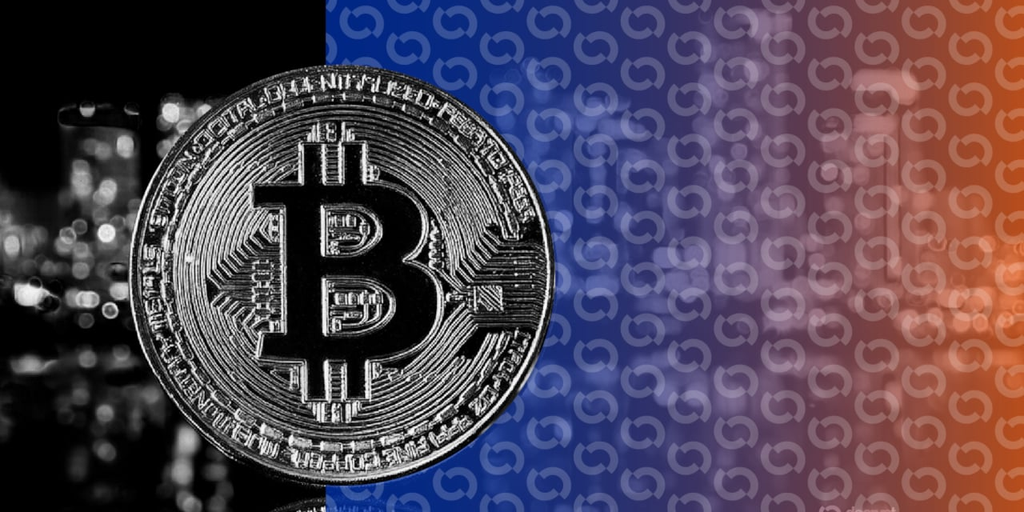Cybersecurity Threats and Countermeasures
Compromised Administrator Account
The administrator account had been compromised earlier, either through a previous breach or insider attack. The hackers utilized this account to send phishing emails, posing a significant risk to the organization’s security.
In addition, the large number of administrator accounts held by external contractors, which were left vulnerable to cybercriminals, was another significant concern.
Rise of AI-Enhanced Phishing Techniques
Another factor contributing to the rising sophistication of phishing attacks is the increasing use of artificial intelligence (AI) and machine learning (ML) in phishing tactics. These advanced techniques make it increasingly difficult to detect and prevent phishing attacks.
Importance of Multi-Factor Authentication (MFA)
Given the growing complexity of phishing attacks, experts recommend implementing MFA for all accounts, particularly for VPN accounts, to provide an additional layer of security. It is essential to ensure that MFA is correctly configured and suspicious activities are monitored closely.
Furthermore, companies should educate users about MFA exhaustion attacks, implement stricter thresholds for MFA requests, and activate higher-security factors such as challenge-response authentication.
Best Practices for Implementing MFA
Configuring MFA
To effectively implement MFA, organizations should:
- Activate MFA for all accounts, including VPN accounts
- Configure MFA correctly
- Monitor suspicious activities closely
Protecting Against MFA Exhaustion Attacks
To prevent MFA exhaustion attacks, companies should:
- Educate users about MFA exhaustion attacks
- Implement stricter thresholds for MFA requests
- Activate higher-security factors such as challenge-response authentication
Conclusion
In conclusion, the increasing sophistication of phishing attacks and the growing use of AI-enhanced techniques underscore the importance of implementing robust security measures, including MFA for all accounts. By configuring MFA correctly and monitoring suspicious activities closely, organizations can significantly reduce the risk of successful phishing attacks.
FAQs
Q: What is MFA?
A: MFA is a security process that requires a user to provide two or more authentication factors to access a system, network, or application.
Q: Why is MFA important?
A: MFA is crucial for providing an additional layer of security to prevent unauthorized access to sensitive information and protect against phishing attacks.
Q: What are some common MFA methods?
A: Common MFA methods include:
- Password and PIN
- Smart cards
- Biometric authentication (e.g., fingerprint or facial recognition)
- One-time passwords (OTPs)
- Authenticator apps (e.g., Google Authenticator)
Q: How can I protect against MFA exhaustion attacks?
A: To protect against MFA exhaustion attacks, companies should educate users about the risks, implement stricter thresholds for MFA requests, and activate higher-security factors such as challenge-response authentication.








